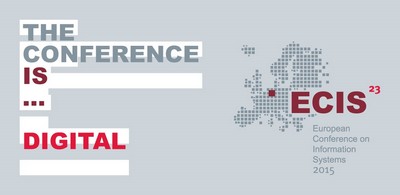DOI
10.18151/7217288
Abstract
Rapid advances in IT combined with increasing awareness for environmental side-effects of modern economies are causing a shift in the consumer behavior towards new forms of consumption. Private individuals increasingly become both providers and consumers of services. Web 2.0 enables peer-to-peer transactions between consumers creating a new consumption space with hundreds of mediator platforms. While the new legally questionable market is typically seen as a challenge by governments, the opportunities for governments to participate in peer-to-peer (P2P) sharing and collaborative consumption services (SCCS) for their citizens are hardly explored in academia. In contrast, first pioneer governments such as the cities of Seoul and San Francisco have already developed strategies to support the development of P2P SCCS for their citizens. In this work, we advocate for extending the function scope of e-government by including P2P SCCS into its portfolio. To support our reasoning and in order to systematically address the problem area emerging from the combination of e-government and P2P SCCS, we review and synthesize e-government models and relate them to the P2P SCCS phenomenon. Our results reveal what constitutes a research agenda for utilizing potentials of P2P SCCS in the context of e-government research and practice.
Recommended Citation
Chasin, Friedrich and Scholta, Hendrik, "Taking Peer-to-Peer Sharing and Collaborative Consumption onto the Next Level - New Opportunities and Challenges for E-Government" (2015). ECIS 2015 Completed Research Papers. Paper 27.
ISBN 978-3-00-050284-2
https://aisel.aisnet.org/ecis2015_cr/27


